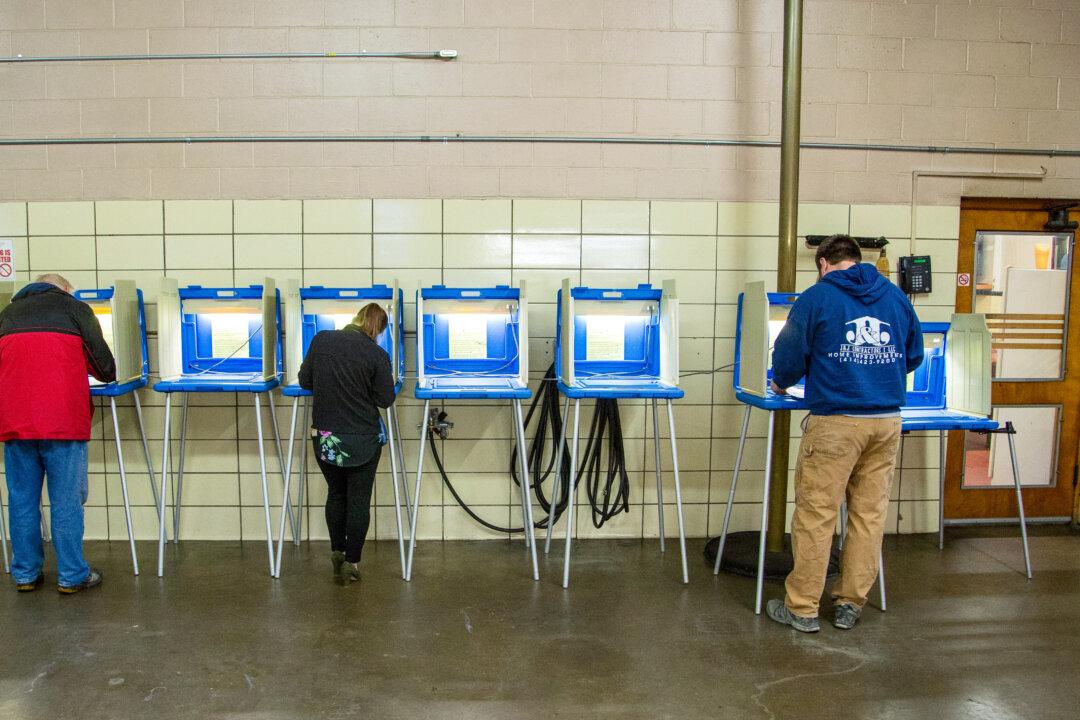A Wisconsin judge ruled on June 25 that some voters in the state can receive electronic ballots, finding in favor of residents who say a disability prevents them from reading or marking a paper ballot independently.
“Provisions prohibiting municipal clerks from distributing absentee ballots by email ... are unenforceable as applied to absent electors, as defined by Wis. Stat. [Section] 6.20, who self-certify to having a print disability,” Dane County Circuit Court Judge Everett Mitchell said in a two-page order.





